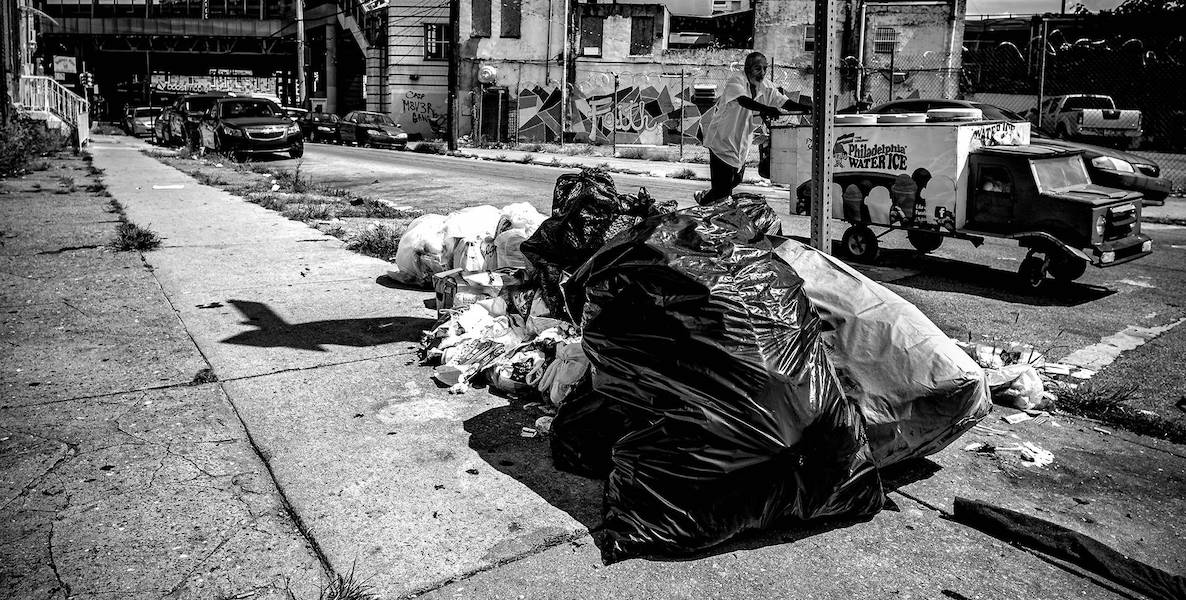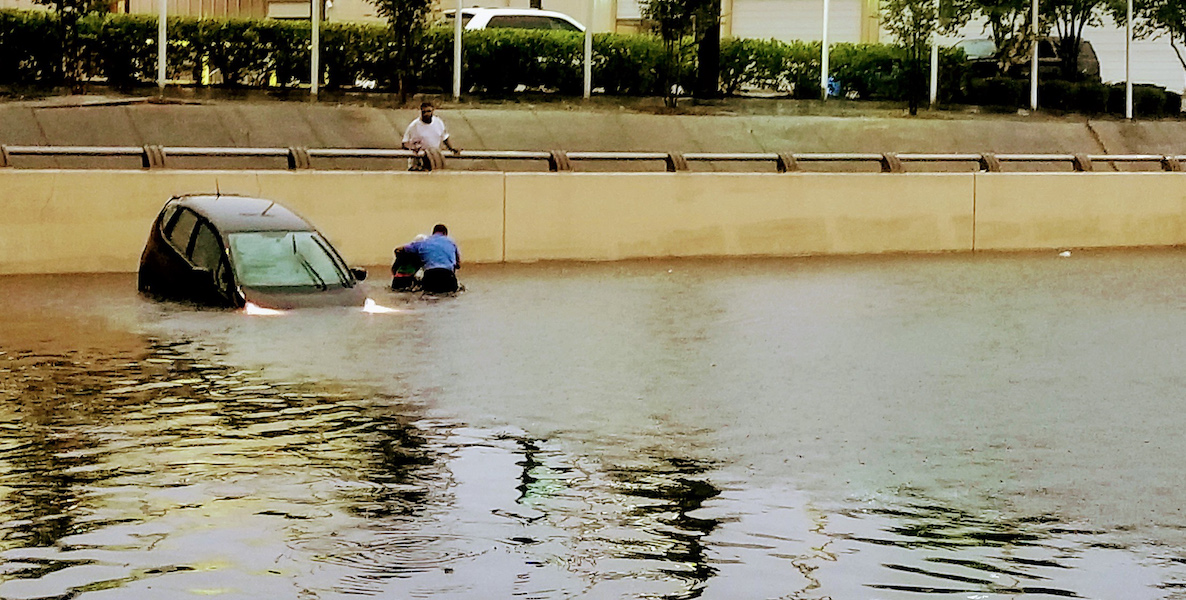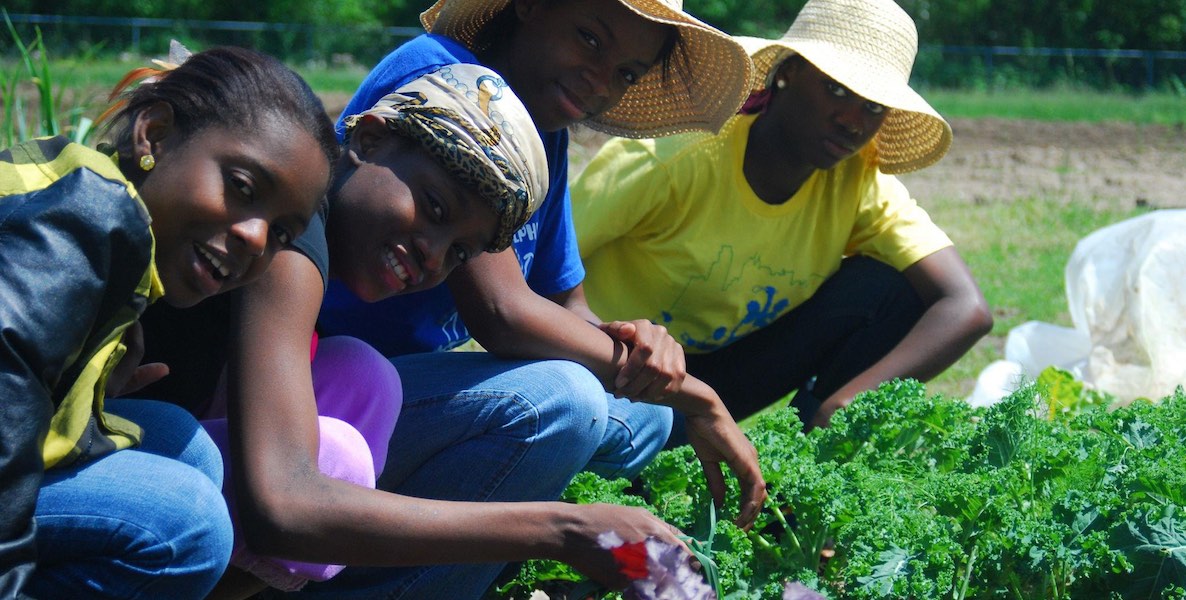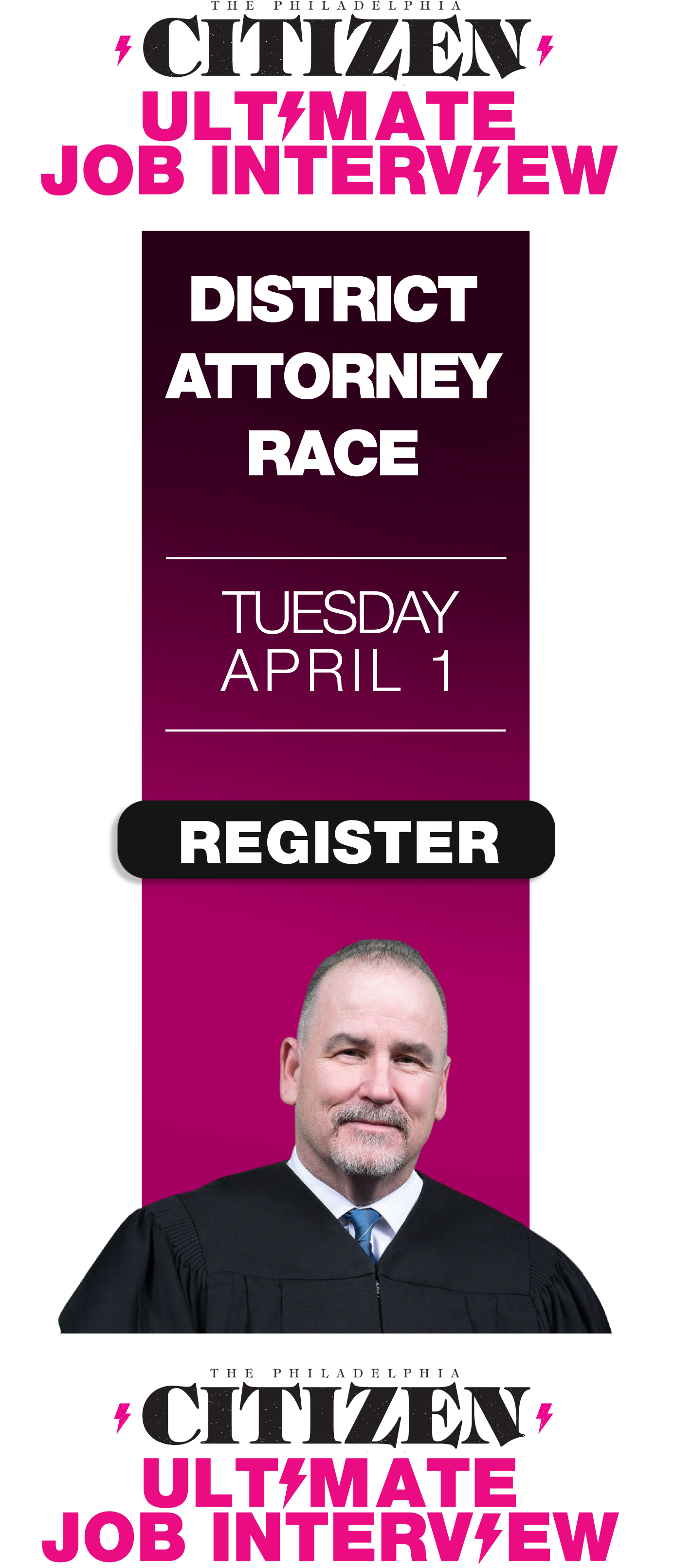If you get your news from traditional media outlets, there are likely two defining features of their climate crisis coverage: detachment and doom.
How does this affect me, and what can I do about it anyway?
But if you’ve been following the original online and on-air coverage by WURD, Philly’s only African American-owned talk radio station, since it debuted its ecoWURD initiative last September, you’ve likely gleaned something far more meaningful—namely, that environmental crises disproportionately affect African American communities; that environmental problems are happening in real time, now, and not waiting around some futuristic corner; and that, despite this, there is hope—that any one of us can and should make a difference, just as African-American communities have been doing throughout history and quite visibly, as in response to, say, Flint’s water crisis.
“Sometimes these big topics like environmental justice or the climate crisis have been discussed in ways that disconnect Black people from them or have not invited other people of color and people of diverse backgrounds into the movement or the conversation,” says Lomax-Reese.
“We introduced ecoWURD to explore the intersection of race, income and the environment, with a specific focus on Philadelphia,” explains Sara Lomax-Reese, WURD’s president and CEO. “Sometimes these big topics like environmental justice or the climate crisis have been discussed in ways that disconnect Black people from them or have not invited other people of color and people of diverse backgrounds into the movement or the conversation.”
But Black people, she points out, have been doing this work—like farming and sustainable agriculture, for example—for years, without necessarily assigning it a label. “It’s been really important to me to look at the spaces that are important to the Black community and that disproportionately affect the Black community, and to speak into that space while framing and layering in the environmental justice component,” she says.
The key is to connect with people’s lives—so while the watershed may feel foreign, lead in paint in public schools and environmental hazards in correctional facilities or the dangers of baby powder, which Black women use disproportionately, are all culturally relevant to, and resonant within, the Black community.
As a complement to its online and on-air coverage, WURD, in partnership with Bartram’s Garden, also launched a free event series. The third one takes place on Sunday, from 2 to 5pm, and will feature lightning-round talks from five leading voices on the environment including John Francis, author of PlanetWalker and The Ragged Edge of Silence; musical performances, including a healing drum circle with Music Over Matter; a tribute to those affected by breast cancer; and the unveiling of a groundbreaking photo exhibit by artist Zamani Feelings, fittingly called “Wasted,” which beautifully captures the trash epidemic in Philly. Organizations from within the green economy will also be on site to talk about job opportunities and resources.
“Equally important to convening African American environmental justice advocates and activists to talk about the issues around the climate crisis,” says Lomax-Reese, “is exploring what we as individuals and a community can do to really wade into these issues, and make them our own, and really understand why they are quite personal and relevant and critical to our health, our wealth, our mental and physical well-being, and how these things are interconnected.”
Sunday, October 20, 2-5pm, free, Bartram’s Garden, 5400 Lindbergh Boulevard.
Photo courtesy Zamani Feelings





